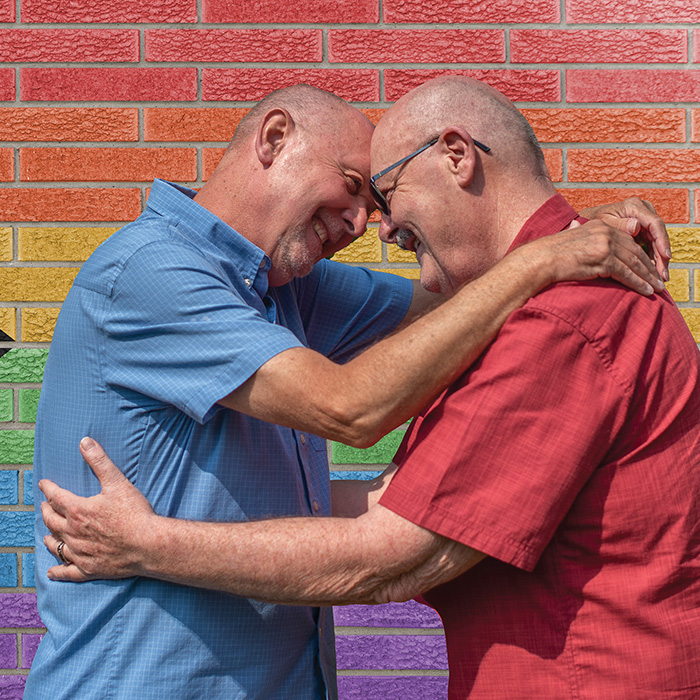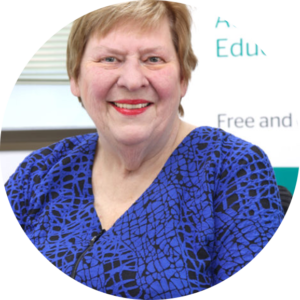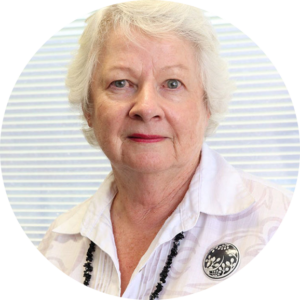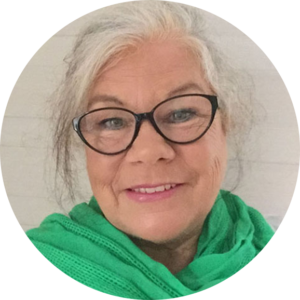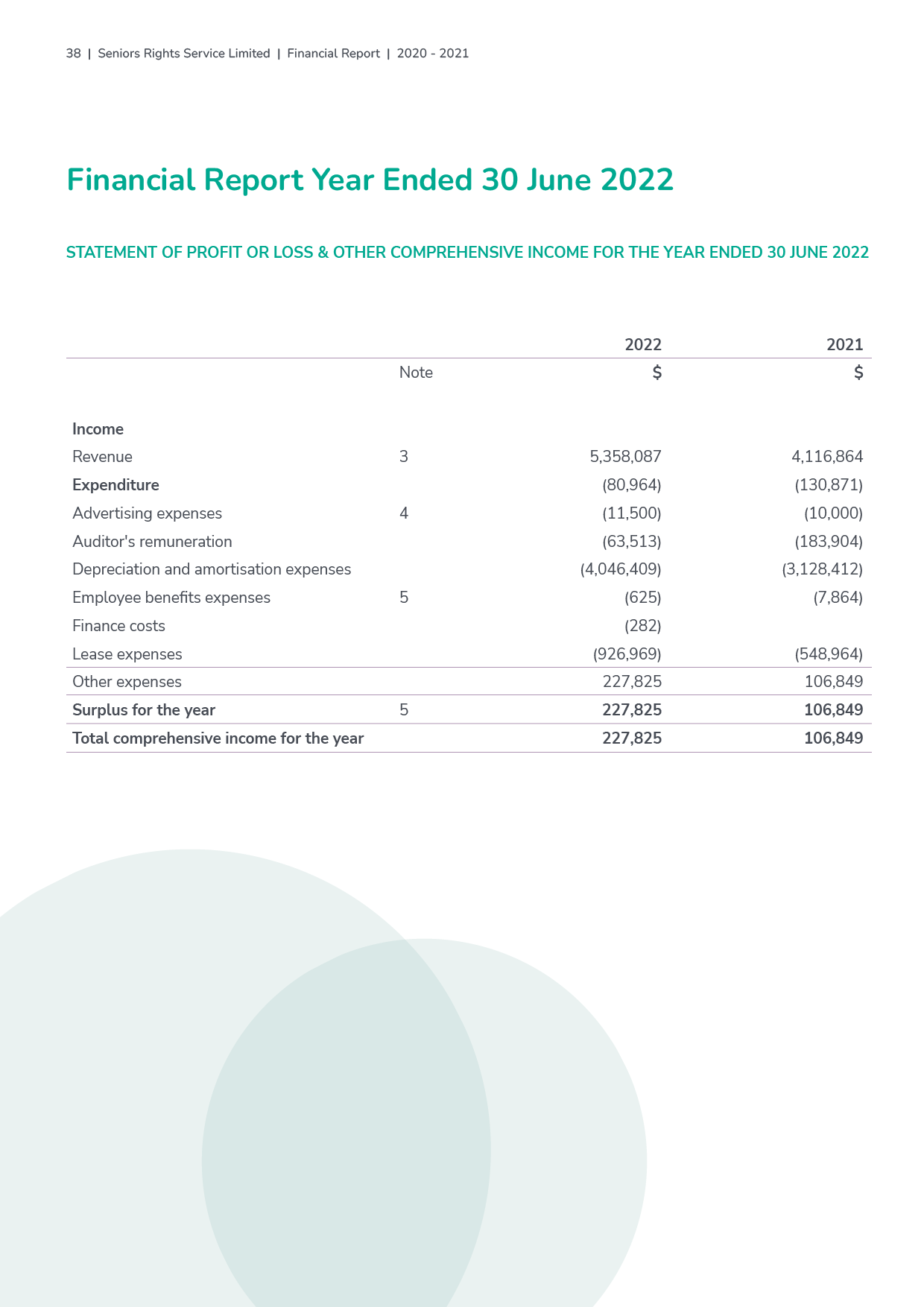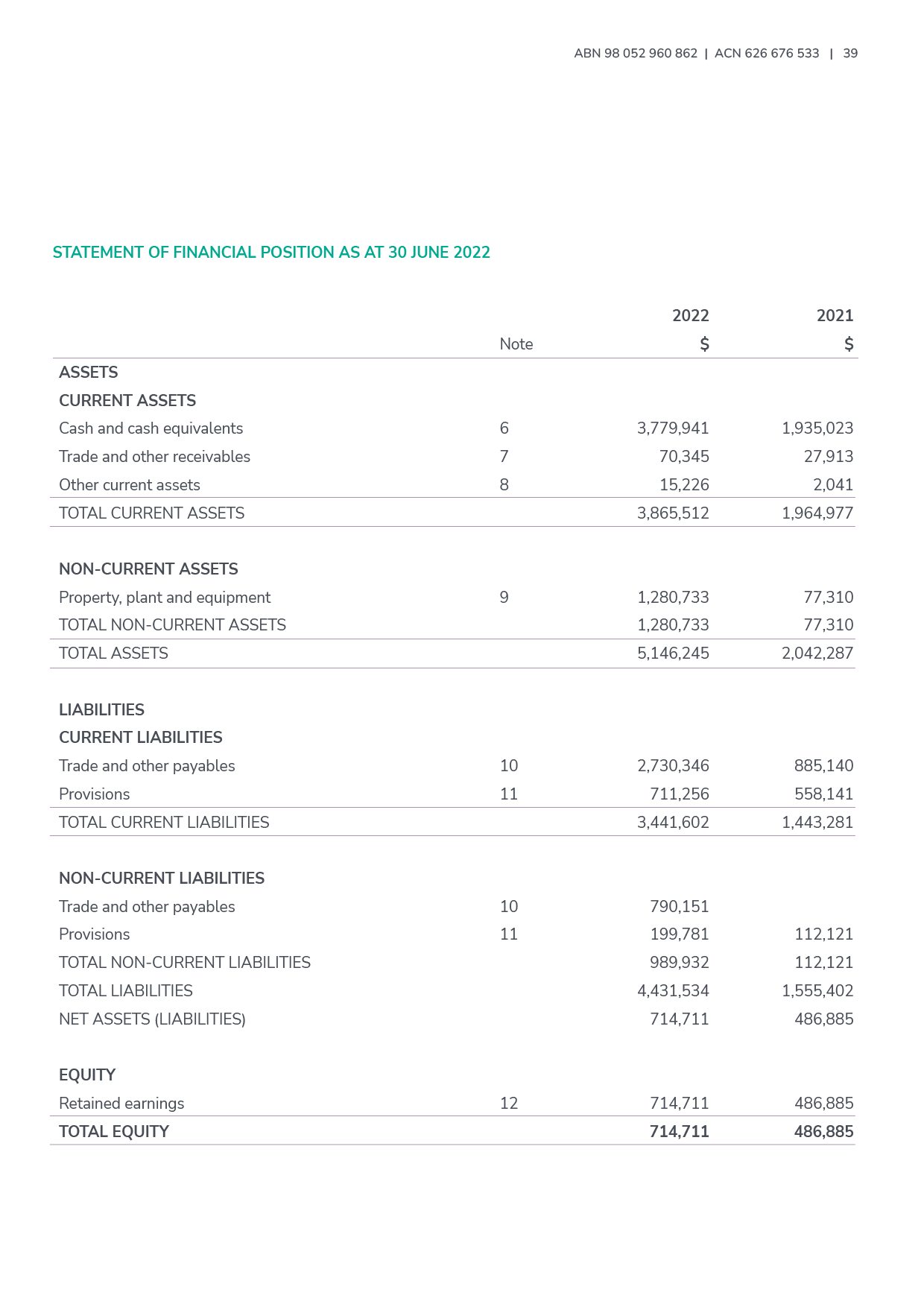As I write my final annual report as President of Seniors Rights Service, I am both heartened and gratified at the resilience and strength of the organisation I am leaving, but also somewhat apprehensive about the work that still lies ahead to ensure that the rights of older people across NSW are recognised, respected and acted upon. We have come a long way since the organisation was founded over 36 years ago, but there is still a long journey ahead before we can claim we live in a society that truly upholds the rights of older people.
I first joined the Board of Seniors Rights Service in 2013 and became President in 2018. Since that time the organisation has grown substantially from a staff of 17 to close on 50 Aged Care Advocates and Solicitors spread over a dozen locations across NSW today. Our income has also grown from under $3M to over $9M, most of this growth being in the past two years. This welcome expansion has largely been fuelled by the adoption of some of the recommendations of the Royal Commission into Aged Care Quality and Safety and various government responses to the often heartbreaking experiences of the COVID-19 pandemic. Certainly, it is gratifying that increased funding reflects the government’s and community’s trust in our organisation and the services it provides.
It has allowed us to reach more older people across NSW. However, the effects of the pandemic on older people within the community and in aged care has laid bare the precarious position older people still inhabit in our communities and has starkly reinforced the need for the legal and advocacy services offered by Seniors Rights Service.
In coming to Seniors Rights Service, my driving passion has always been that older people be afforded the same human rights as all people and it is the work we do to foster and advocate for these rights that I am most proud of. Our society’s whole approach to ageing needs to be challenged.
The Royal Commission provided evidence of the failings in our current aged care system, whether in residential facilities or in home-based care. The people who seek out our services every day also bear witness to these failings.
Seniors Rights Service has long called for a total rethink of aged care, away from a commercial service model to a person-centred rights-based one where the wishes and rights of older people are paramount. We know that most people do not want to reside in increasingly large, institutionalised residential facilities. Most want to stay in their own homes and receive tailored support. We must keep fighting for new models of aged care that respect the rights of older people to live their lives in the way that they want. Yes, there has recently been a greater emphasis on home care services and yet we are still seeing a system where home care services are simply inadequate and far too long in coming for many people. For some in regional areas the services they need just don’t exist.
The COVID-19 pandemic has put the vulnerability of older people into sharp relief being shockingly reflected in the case numbers and deaths from the virus. We have seen older people being stripped of their autonomy and prevented from connecting with their loved ones for weeks and months at a time. The only way to prevent these violations in the standard of care for older people is to have an aged care system that is driven by human rights at its very core and a culture that deeply respects and values older people.
There are many things I am proud of that have occurred during my stewardship of the organisation. In 2018 we hosted the 5th National Elder Abuse Conference and it galvanised our commitment to confront and respond to all aspects of elder abuse. The conference attracted over 570 delegates. It was a massive undertaking for our small organisation and its success a significant achievement. Given the estimate that close to 15% of older people will suffer one or more forms of elder abuse in their lives, it is clear that the abuse of older people in all its forms will continue to be a key focus for our services in coming years.
Another key development was the establishment of the Older Person’s Advocacy Network (OPAN) in 2017-18 in which I played a key role. In bringing our state and territory counterparts together under one banner we were able to facilitate greater collaboration and bring more consistency to advocacy services nationally. Being a united, strong and consistent voice to the Government has also allowed us to garner significantly more resources for our work. I have represented Seniors Rights Service on the OPAN Board since its inception, and I want to thank the OPAN Board Directors who have ensured that OPAN continues to support its member organisations and drives the growth in our sector. The demand for our services across Australia continues to rise, and through OPAN, we have been much better resourced to respond.
There are many other people I wish to thank for their support, advice and encouragement over the years of my presidency. I want to thank my fellow Board members over the years who have supported me and provided the organisation with their sound advice, strategic thinking and excellent governance, all voluntarily.
I acknowledge and thank our funders who have provided increasing resources to the organisation to help us meet the rising needs of a population that is ageing and we are extremely grateful for the trust they have put in us.
I especially want to thank the Seniors Rights Service staff for their tireless commitment to supporting older people and their families. The last few years have been particularly difficult and they have continued to meet the challenges with compassion and sensitivity. I also want to acknowledge our CEO, Shannon Wright who has taken up the leadership of the organisation with determination and passion and established firm foundations that will support the organisation as it continues to grow in coming years. I have very much enjoyed working with Shannon and I am confident that she will continue to deliver the organisation’s purpose with her energy and drive.
I am hopeful that it will not be too long before we have a UN Convention on the Rights of Older People that will provide an enforceable international framework to ensure that the human rights of older people are respected and enacted across all aspects of Australian society.
I am extremely proud of the work of our Reconciliation Action Plan (RAP) Committee of which I am a member. Under the leadership of Dunghutti woman Barbara O’Neill, our First Nations Board member, we have achieved most of the commitments in our Reflect RAP and are close to finalising our new Innovate RAP. Encouraging the input and engagement of First Nations communities and ensuring that we are reaching our most vulnerable older people with culturally safe and appropriate services will be a focus of our new RAP. Fostering a lively, stimulating and impactful engagement with First Nations Peoples across NSW has been one of my most ardent objectives as President. The commitments made in our Innovate RAP will ensure that the voices of older First Nations Peoples will be heard and that we will be better able to respond to their needs and empower them to achieve their human rights.
As I leave the organisation I am hopeful that it will not be too long before we have a UN Convention on the Rights of Older People that will provide an enforceable international framework to ensure that the human rights of older people are respected and enacted across all aspects of Australian society. Playing a role in its development as part of the UN Open Ended Working Group on Ageing has been a great privilege of my position.
Looking to the future, I believe that the landscape of aged care is poised to change for the better with a new rights-based Aged Care Act on the horizon and a more vocal commitment to address the ageism within our community and the issues impacting the lives of older people. The lived experiences of older people are valuable and can help guide us through the many challenges that, as a society, we are facing. I am confident that I am leaving an organisation better positioned than ever to play a leadership role in ensuring that the rights of all older people are the driving force of change. I wish the organisation strength, resilience and ongoing success in meeting these challenges in the years to come.
Thank you for the privilege of leading this great organisation.
Seniors rights are human rights!




